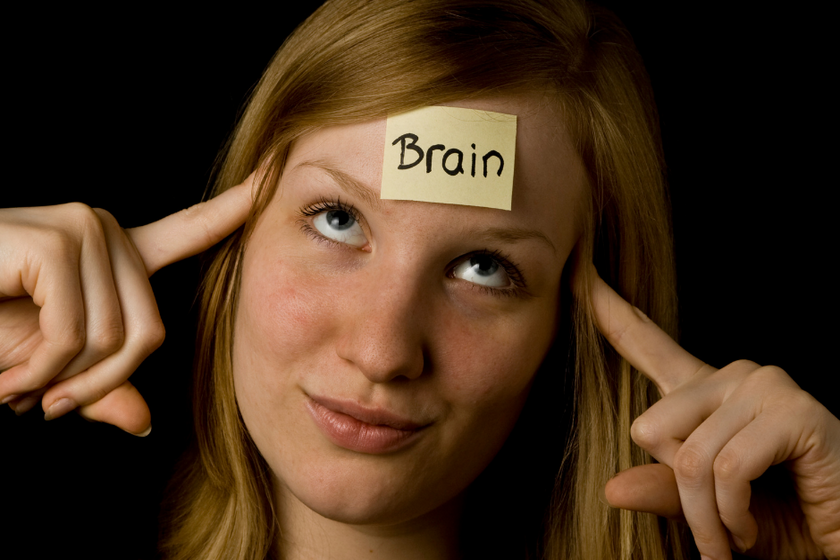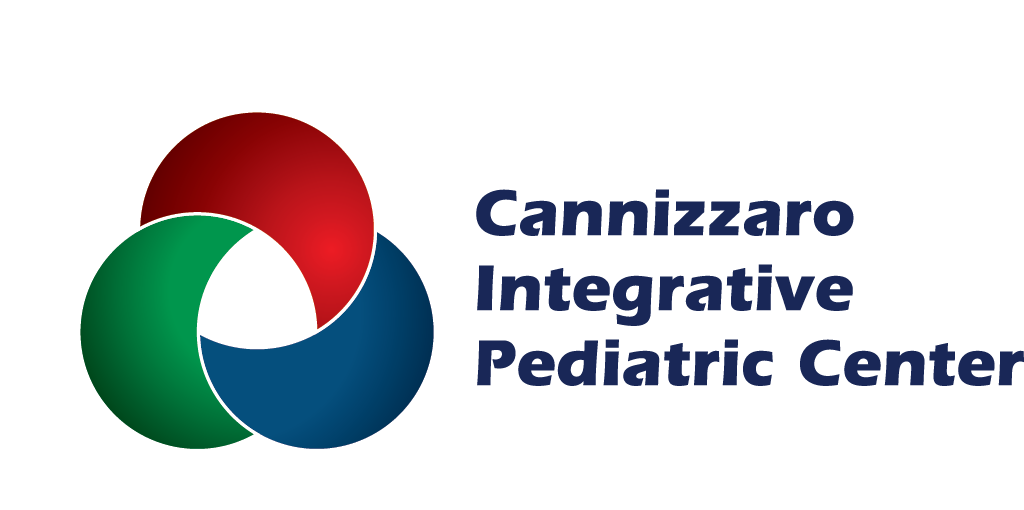
We should be concerned with brain health at all ages, not just when we begin to experience cognitive decline! Your brain serves you in so many ways (many of them unconscious)—by keeping your heart beating and lungs breathing, storing your memories, coordinating all body movements by the millisecond, enabling speech, processing your emotions and more. By all accounts, your brain is the most important (and extraordinary) organ in your body—and we are discovering more about it all the time. Let’s look at some surprising brain health facts and everyday ways to preserve your brain’s health.
Brain Health and Heart Health are Intertwined
There is such a thing as “brain food” and we’re finding out that the same foods that boost your brain health also contribute to the health of your heart. The Mediterranean diet, with its focus on omega-rich fish and antioxidant-rich fruits and vegetables, is seen as one of the most healthful ways to eat. Good fats and antioxidants reduce inflammation in the body which helps prevent many maladies, including elevated cholesterol, cancer, diabetes, dementia and heart disease. In fact, research has shown that following the MIND diet—a “hybrid” of the Mediterranean diet and the DASH diet (which was created to prevent hypertension)—reduces the odds of developing Alzheimer’s disease.
Scientists have discovered an amazing connection between heart and brain health through research with the Tsimane, indigenous people to the Bolivian Amazon. These people live a preindustrial lifestyle of hunting, gathering and fishing and have the lowest recorded incidence of coronary artery disease on the planet, according to a 2017 study. However, due to lack of access to modern health care, they suffer from high rates of inflammation due to infections and parasites. Both coronary artery disease and systemic inflammation contribute to brain atrophy, which results in cognitive decline.
However, the scientists found that Westerners had a 70% faster rate of brain volume decline with aging than the Tsimane. They concluded that the Tsimane’s healthy hearts trumped even their high levels of inflammation, and that cardiovascular fitness is very important for brain health as we age.
Your Gut, the “Second Brain,” Also Affects Actual Brain Health
Research has uncovered the “gut-brain axis,” a phenomenon that links the health of the ecosystem within your intestinal tract with the health of your brain.
In fact, your digestive tract has its own nervous system, the enteric nervous system, which produces more than half of your serotonin and controls other neurotransmitters and hormones. For this reason, it has been called your “second brain.” The enteric nervous system in your gut communicates with your brain. Basically, this is how your brain knows you’re “full” when you eat or why if you’re upset you “lose your appetite.”
Research has found that through the gut-brain axis, digestive health affects mental function and contributes to mental disorders like anxiety and depression.
Brain Health for Kids
Generally, there is no difference between keeping adult brains and kid brains healthy. We must all avoid inactivity, obesity, isolation and poor diet, all of which can trigger a cascade of effects critically detrimental to brain health—physically, mentally and emotionally. However, since brain development begins in the womb and is exponential during childhood, a few distinctions can be made about the brain health of children.
In my practice, we care for many children diagnosed with ADD/ADHD and those on the autism spectrum. Abnormal gut flora in these kids produces toxins that reduce stomach acid and cause digestive problems and “leaky gut” which allows incompletely digested proteins to enter the body’s circulation. These toxins can then cross the blood-brain barrier and act as neurotoxins to a child’s brain.
For example, the chemical structures of incompletely digested gluten and casein resemble that of morphine and heroin and attach to morphine receptors in the brain. Many of the symptoms of autism, such as hyperactivity, aggression and stimming are related to persistent gut dysbiosis (when the natural balance of bacterial flora in the GI tract is disturbed).
There are many causative factors associated with these disorders, but the healing process always involves gentle detoxification, required supplementation, proper nutrition and recommended therapies. We know without a doubt that a child’s brain health is highly affected by gastrointestinal health.
In fact, a 2018 study, “Infant Gut Microbiome Associated with Cognitive Development,” eight-nine one-year-old babies’ microbiomes were analyzed using fecal samples, and they underwent an MRI to scan their brains and a cognitive test. At two years old, the children were reassessed. The researchers determined that the microbial composition of the babies’ guts at one year old predicted their cognitive performance at two years old, especially in communicative behavior, which may shed light on cognitive or language delay disorders. There were no structural differences in the babies’ brains that would explain the variance in test scores. This was the first test of its kind, so more exciting research must be done.
Everyday Tips for Maintaining Brain Health
Keep Moving: Physical exercise keeps blood flowing to the brain, which prevents stroke. Exercise also helps promote connections between brain cells (synapses). Research has linked higher activity levels with better memory and problem-solving skills. Basically, if you want your brain to stay young, keep your body moving with an activity you love at least 30 to 60 minutes several times per week.
Exercise Your Brain: Engage in activities that stimulate your brain, such as reading, solving puzzles, playing cards, cooking new cuisines and painting! The brain never stops growing. Learning new things also helps create new connections between brain cells.
Prioritize Sleep: Experts agree, getting adequate sleep is paramount for brain health. While you sleep, your brain resets and repairs. Research has shown that during sleep, the brain removes toxins called beta-amyloids, which can lead to Alzheimer’s and dementia. To get the best sleep, avoid screens for 30 to 60 minutes before you go to bed. A quick internet search will reveal many helpful sleep hygiene advice articles if that is an area of focus for you.
Keep Social: A lifestyle that includes strong connections with friends and family has been linked to lower blood pressure, lower risk of depression, anxiety and dementia and a longer life expectancy.
Control Your Stress: Experiment with techniques to find what works for you to reduce stress—whether it’s keeping a daily planner, journaling, meditating or praying. Do things you enjoy, like visiting with friends or going to the beach. For a quick mental break that also improves symptoms of respiratory and skin conditions, may I recommend a visit to The Salt Room—it’s a mini vacation where you can unplug in a zero-gravity chair, passively breathing salt particles, which have a calming effect on the nervous system.
Resources:
https://www.webmd.com/brain/features/keeping-your-brain-fit-for-life
https://www.health.harvard.edu/mind-and-mood/12-ways-to-keep-your-brain-young
https://www.nia.nih.gov/news/lifestyle-slows-brain-atrophy-among-indigenous-amazonian-people
https://www.ncbi.nlm.nih.gov/pmc/articles/PMC5724966/pdf/nihms888185.pdf





